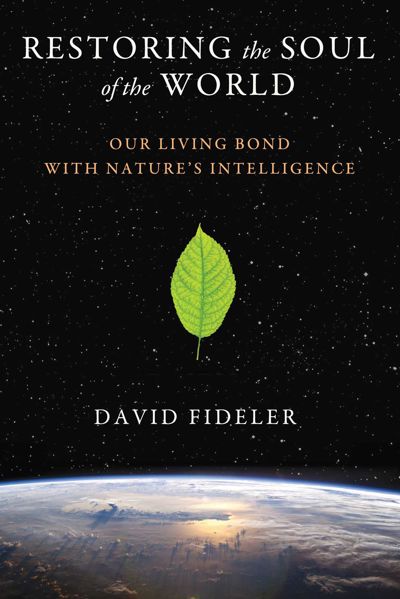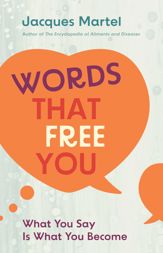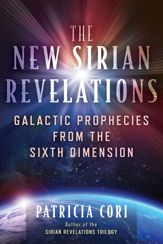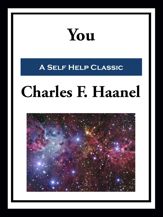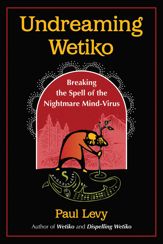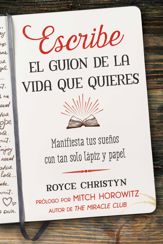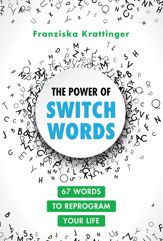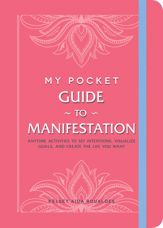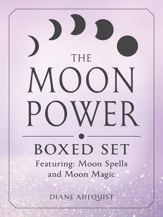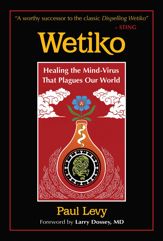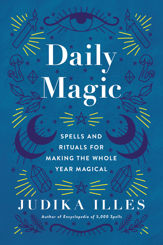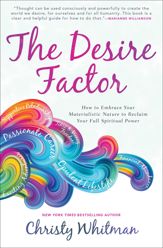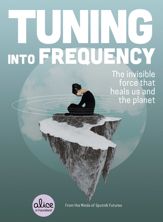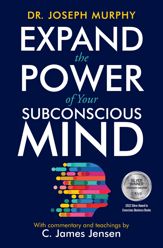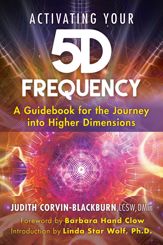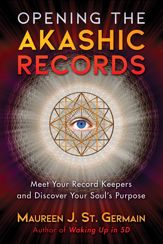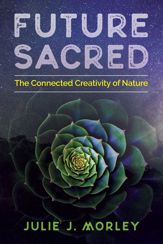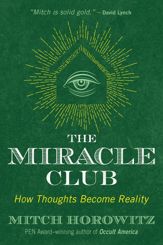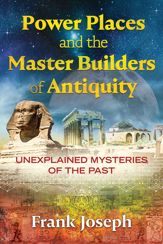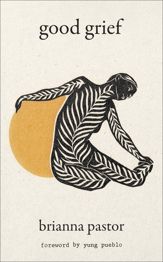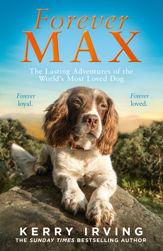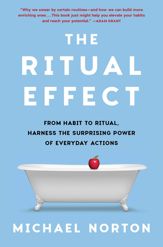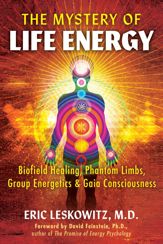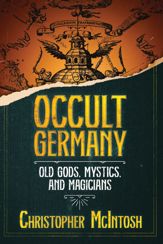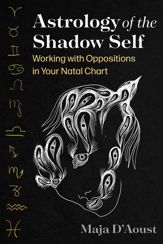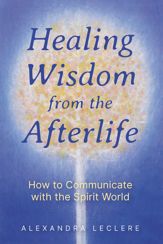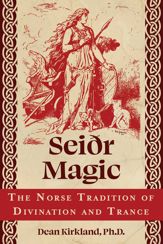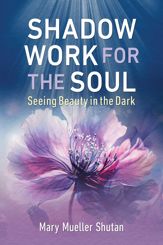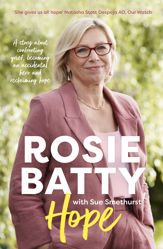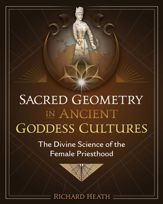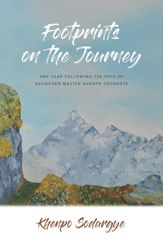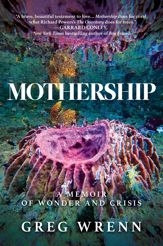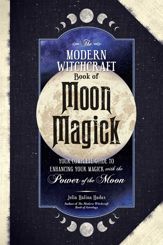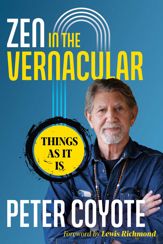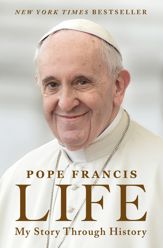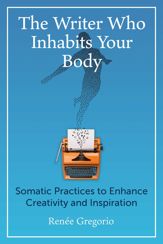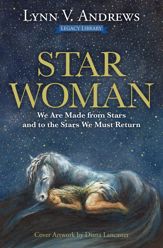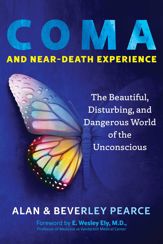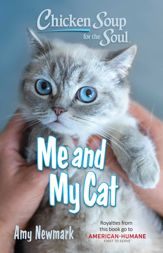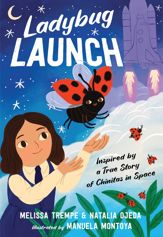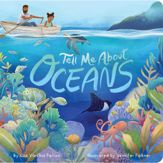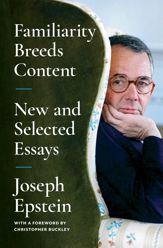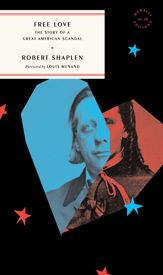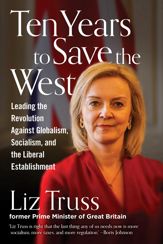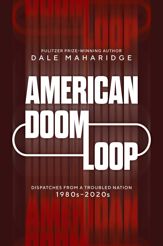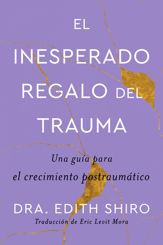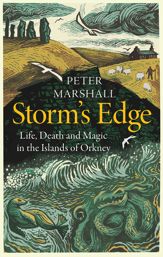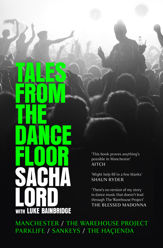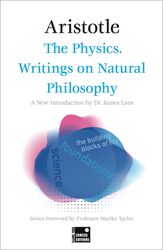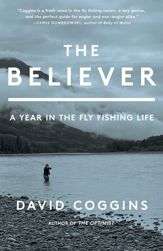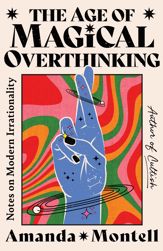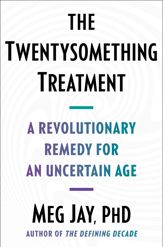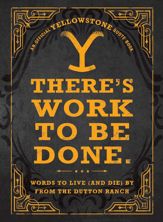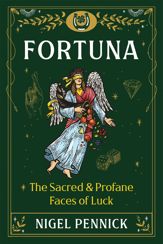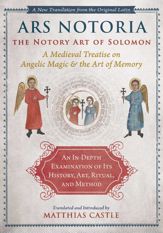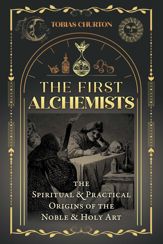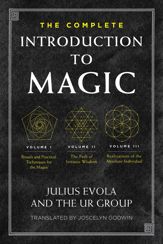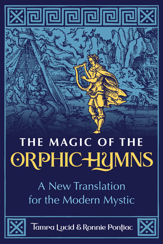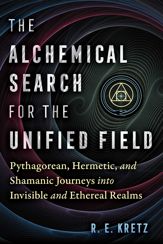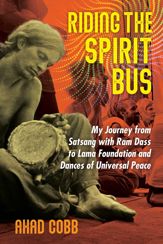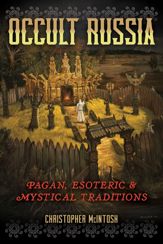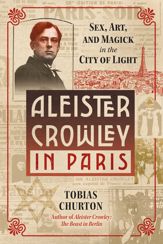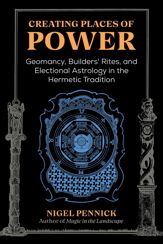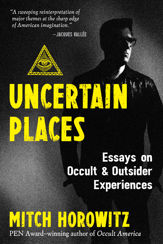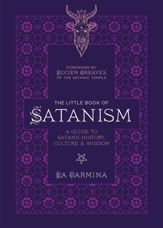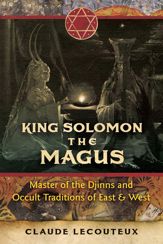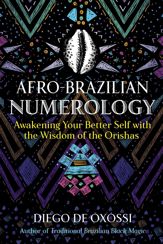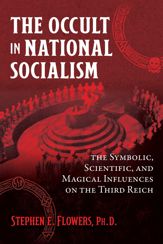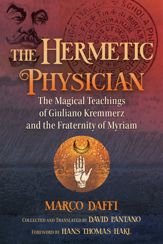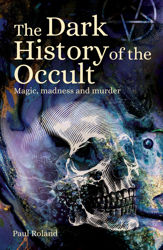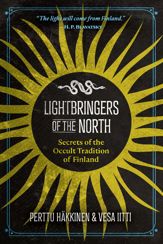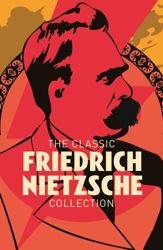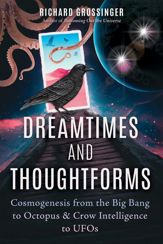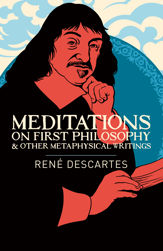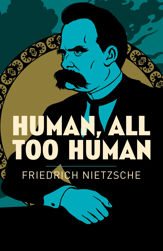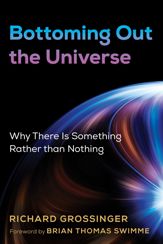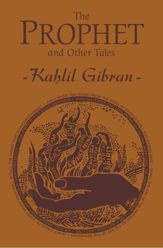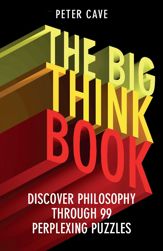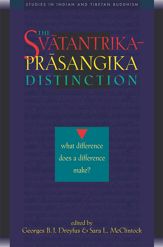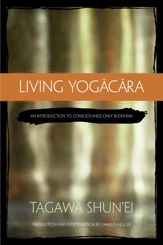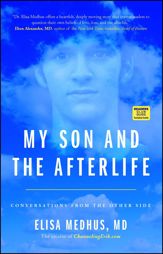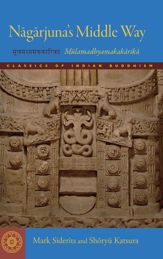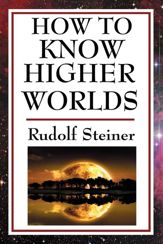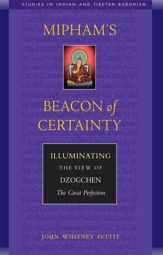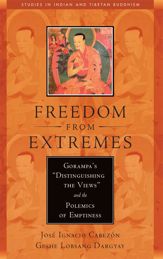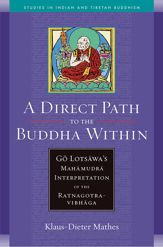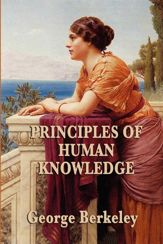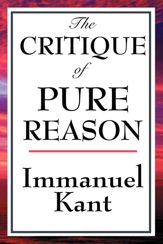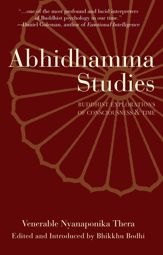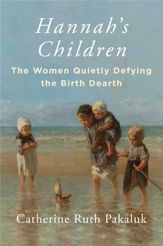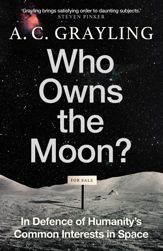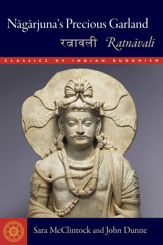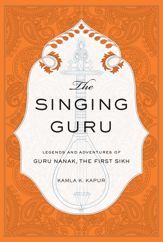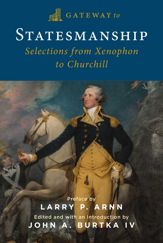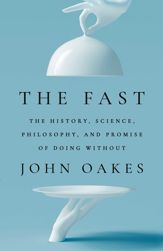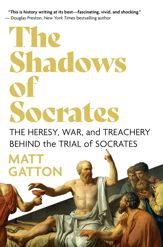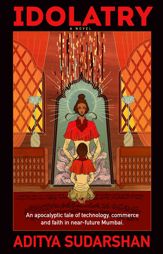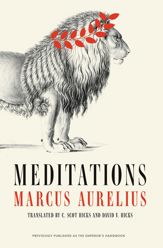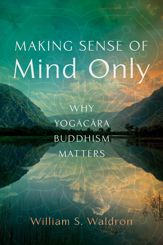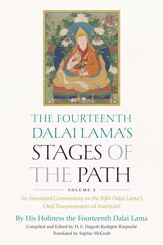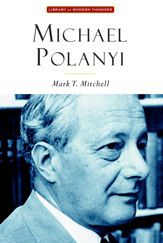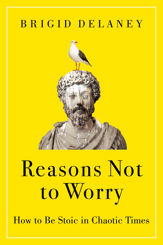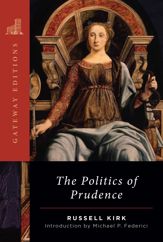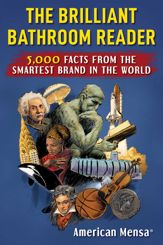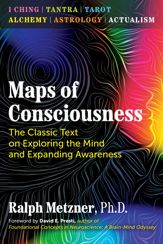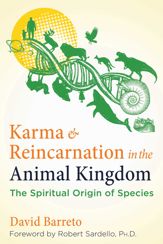“If humanity is to survive, David Fideler’s Restoring the Soul of the World provides us with the map for restoring our own souls and those of the planet with brilliance, clarity, and a love for human life and the life of nature.”
Description
Humanity’s creative role within the living pattern of nature
• Explores important scientific discoveries that reveal the self-organizing intelligence at the heart of nature
• Examines the idea of a living cosmos from its roots in the earliest cultures, to its eclipse during the Scientific Revolution, to its return today
• Reveals ways to reengage our creative partnership with nature and collaborate with nature’s intelligence
For millennia the world was seen as a creative, interconnected web of life, constantly growing, developing, and restoring itself. But with the arrival of the Scientific Revolution in the 16th and 17th centuries, the world was viewed as a lifeless, clocklike mechanism, bound by the laws of classical physics. Intelligence was a trait ascribed solely to human beings, and thus humanity was viewed as superior to and separate from nature. Today new scientific discoveries are reviving the ancient philosophy of a living, interconnected cosmos, and humanity is learning from and collaborating with nature’s intelligence in new, life-enhancing ways, from ecological design to biomimicry.
Drawing upon the most important scientific discoveries of recent times, David Fideler explores the self-organizing intelligence at the heart of nature and humanity’s place in the cosmic pattern. He examines the ancient vision of the living cosmos from its roots in the “world soul” of the Greeks and the alchemical tradition, to its eclipse during the Scientific Revolution, to its return today. He explains how the mechanistic worldview led to humanity’s profound sense of alienation, for if the universe only functioned as a machine, there was no longer any room for genuine creativity or spontaneity. He shows how this isn’t the case and how, even at the molecular level, natural systems engage in self-organization, self-preservation, and creative problem solving, mirroring the ancient idea of a creative intelligence that exists deep within the heart of nature.
Revealing new connections between science, religion, and culture, Fideler explores how to reengage our creative partnership with nature and new ways to collaborate with nature’s intelligence.
Reviews
“David Fideler is a scholar and thinker of the first rank, and this marvelous book presents his profound historical, scientific, and philosophical expertise in a brilliant synthesis that is accessible to everyone. It is a beautifully written and wide-ranging guide to the history of the soul of the world. Drawing together threads from every field of human endeavor, from theology to poetry and astrophysics to biology, it is the most exciting, uplifting, and optimistic exhortation to engage with and restore the magical world around us that I have read in a long time.”
“Restoring the Soul of the World goes beyond the goal of ‘sustainability’ to a new vision of our role here on Earth as renewing and regenerating a world that we feel emotionally committed to and want to care for and understand from a long-term view. This book is optimistic in the best way--based not just on hope or determination but on science, on an exciting array of successful solutions, and a daring kind of spiritual freedom rooted in the cosmos. This outlook could transform the world.”
“Restoring the Soul of the World is the most far-reaching book available on more profound ways of understanding how we are connected to the cosmos. David Fideler reveals previously hidden traditions and ways of understanding ourselves and nature, exploring our relationships to nature’s intelligence as no one has before. A classic: you need to read this book.”
